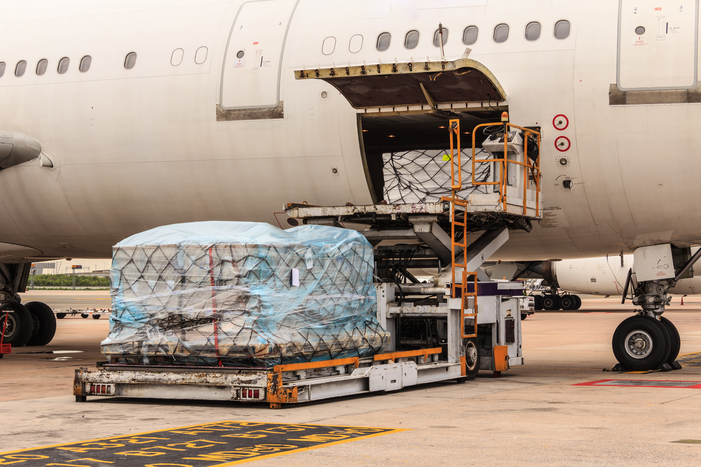Transportation plays a pivotal role in modern society, serving as the lifeblood that connects people, goods, and ideas across vast distances. From the earliest forms of transportation, such as animal-drawn carts, to the sophisticated networks of planes, trains, and automobiles we have today, the evolution of transportation has revolutionized the way we live, work, and interact. In this article, we will explore the multifaceted importance of transportation in society, highlighting its economic, social, and environmental impacts.
- Economic Significance:
Transportation is the backbone of economic development, facilitating trade, commerce, and industry. Efficient transportation systems enable the movement of goods and raw materials, connecting producers with consumers and markets worldwide. By reducing transportation costs and improving accessibility, businesses can expand their reach, increase productivity, and stimulate economic growth. Moreover, transportation infrastructure projects create jobs and drive investment, further contributing to economic prosperity. - Social Integration:
Transportation plays a vital role in fostering social integration by connecting people and communities. It enables individuals to access education, healthcare, and other essential services, regardless of their geographical location. Reliable transportation networks also promote cultural exchange, tourism, and leisure activities, allowing people to explore new places, experience different cultures, and broaden their horizons. Additionally, transportation facilitates social interactions, enabling families and friends to stay connected and fostering a sense of community. - Urban Planning and Mobility:
Efficient transportation systems are crucial for sustainable urban development. As cities continue to grow, effective transportation planning becomes essential to alleviate congestion, reduce pollution, and enhance mobility. Integrated public transportation networks, including buses, trains, and subways, provide affordable and convenient alternatives to private vehicles, reducing traffic congestion and improving air quality. Additionally, the development of pedestrian and cycling infrastructure promotes active lifestyles, enhances public health, and creates more livable cities. - Environmental Impact:
Transportation has a significant impact on the environment, contributing to air pollution, greenhouse gas emissions, and climate change. However, advancements in technology and the adoption of sustainable practices are transforming the transportation sector. Electric vehicles, hybrid engines, and alternative fuels are reducing carbon emissions, while public transportation systems are becoming more energy-efficient. Furthermore, the integration of transportation with renewable energy sources, such as solar-powered charging stations, holds promise for a greener future.
Conclusion:
Transportation is an indispensable component of modern society, shaping our economies, connecting communities, and influencing our daily lives. Its economic significance, role in social integration, impact on urban planning, and environmental implications highlight the need for sustainable and efficient transportation systems. As we continue to innovate and invest in transportation infrastructure, we must prioritize environmental stewardship, accessibility, and inclusivity to ensure a prosperous and interconnected future for all.


